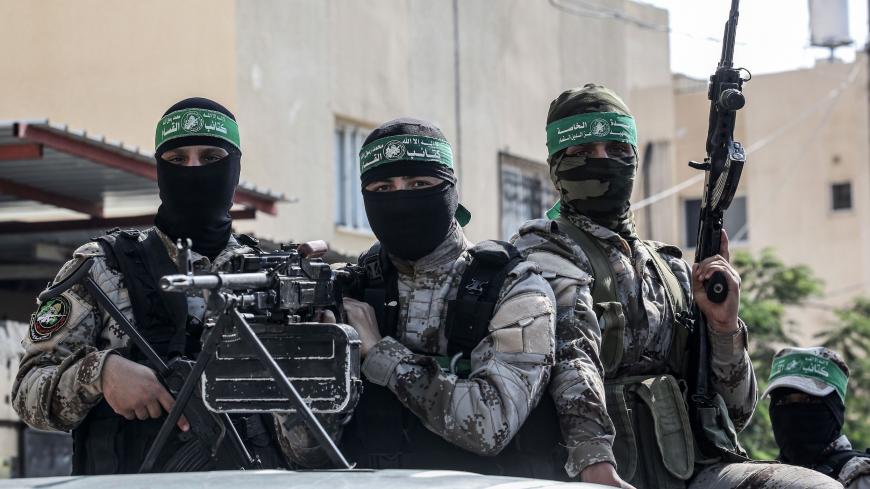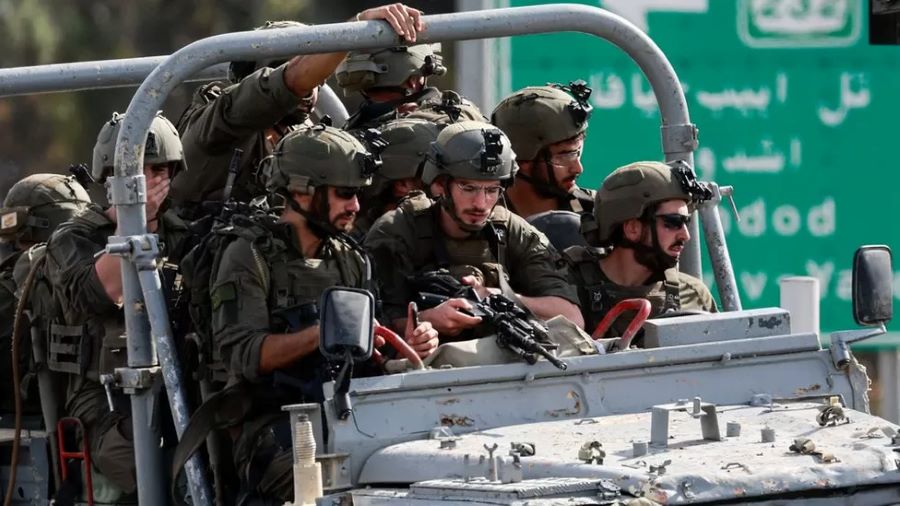Israel gets a 9/11 amid unexplainable intelligence failure
The State of Israel was attacked early on 7 October 2023 by Hamas, a Palestinian political and military organization that governs the Gaza Strip. Thousands of Hamas fighters rushed into Israel and more than 2,300 missiles have been fired on Israeli military and civilian targets. At least 350 were killed during the first 36 hours of the new Palestinian-Israeli war, hundreds have been captured as prisoners or hostages.
Premier Benjamin Netanyahu declared war on Hamas the next day, on Sunday, and Tzahal (Israel Defense Forces) started bombarding the Gaza Strip. Around 300,000 reservists have been called under arms and joined the regular army, according to news reports.
In the outside, the world has split into nations which condemn the attack – literally the entire Western civilization – and nations which support it – most of the Islamic civilization.
How did Israel miss it?
The proportions of the attack suggest that it had been meticulously prepared in advance during a long period, therefore the silence of Israeli intelligence and security services – which are respected for their extensive knowledge of enemies’ plans – cannot be explained at all.

Hamas fighters. Credit: Getty Images
Some military experts argue that Israeli forces were unprepared for a conflict at such scale and that Israeli security were “taken by surprise” – very unusual explanations for a country that has not seen peace since its inception in 1948, aside from brief periods after the signing of the Oslo Accords in 1993.
“We relaxed and didn’t sense the signals,” said Simon Tzipis, an Israeli expert on international relations and national security.
"This colossal tragedy is the biggest failure of Israel's intelligence agencies. Attacks of this magnitude have not happened in decades. We are witnessing the collapse of the entire routine concept of border defense," Israeli military expert David Sharp told Novaya Gazeta Evropa.
But an Israeli newspaper known for its accuracy, Yedioth Ahronoth, claimed that Prime Minister Benjamin Netanyahu had been informed of the preparations for “something unusual, terrible operation” by Egyptian Intelligence Minister Abbas Kamel, ten days prior to the attack. The warning was also published by the Associated Press.
General Kamel was “astonished by Netanyahu’s indifference,” Yedioth Ahronoth cited a high-ranking source in the Egyptian government. The Israeli government, however, denied knowledge about the warning and described the report as “unreliable” and “an absolute lie.”
Why was Israeli response weak?
The attack on Israel began during Simchat Torah, a Jewish holiday (7-8 October) that celebrates the conclusion of the annual cycle of public Torah readings, and the beginning of a new cycle. Many servicemen took official leaves to visit their families and the block posts along the Gaza Strip border remained weakened. This explains the massive breaches of armed militants on pickups with mortars.
More to read:
Ukraine abandoned Western tactics, developed its own against Russian aggressors
At the same time, the Iron Dome, a mobile all-weather air defense system which Israel deployed in 2011 with US assistance, did not intercept hundreds of Hamas missiles, by some accounts; their abundance is blamed for this failure.

Israeli soldiers marching to war. Credit: BBC
Hamas is believed to have minimum 40,000 fighters, plus another 10,000 men it can borrow from smaller terrorist groups, including the Islamic Jihad. By comparison, Tzahal’s active defense and security personnel numbers some 170,000 men and women, scattered across the country.
However, in spite of its strength, Israel was prepared mostly for isolated strikes and hit-and-run incursions the kind we’ve seen in the past ten years or so, rather than a full-fledge invasion. Israel spent three years to build a 60-kilometer long, high-security wall along the Gaza Strip, with radars and sensors. It took the HAMAS seconds to blow large holes into it.
Can it grow into a regional conflict?
Fatah, formerly the Palestinian Liberation Movement which controls the West Bank and a rival of Hamas, does not cooperate with the latter and refused to join the assault. Palestinian Authority President Mahmoud Abbas reacted to the deadly major Hamas infiltration and rocket attacks on Israel by expressing his solidarity with Palestinian civilians and using the opportunity to criticize Israel.
Yet, another Islamic militant organization, based in Lebanon – Hezbollah – started shelling Israeli settlements in the north, but did not send armed fighters. Created in the 1980s with Iranian financial support and endowment, it is much stronger than Hamas and is likely to join terrestrial warfare, if Israel decides to strike Hezbollah inside Lebanon.
More to read:
Is Russia preparing for a longer – and bigger – war?
In such case, Iran might openly supply weapons to Hezbollah, thus fueling the war machine and drawing the United States – a longtime ally of Israel – into this conflict.
In Syria, which is a training base for terrorist groups and was humiliated by the Western coalition during the civil war, dictator Bashar al-Assad would be happy to pay back.
While Israel does not oppose the existence of a Palestinian state, it cannot accept other forms of governance than democracy, for the sake of its own security. On the other hand, Hamas and Hezbollah are led by deeply religious fanatics who are unable to reg rid of autocratic thinking and do not accept in principle the existence of the Jewish neighbor.
From a local one, the conflict would grow into a regional nightmare, with unpredictable global consequences.







